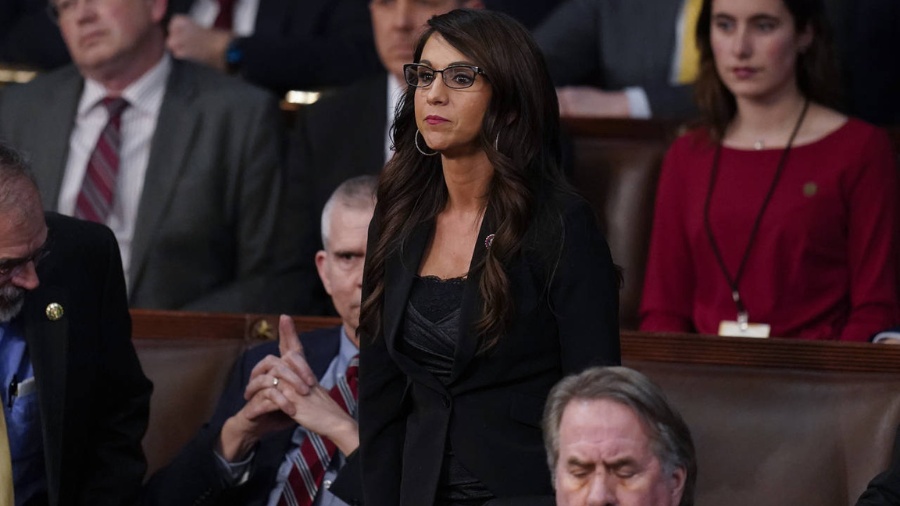Seattle journalist Omari Salisbury says city is treating symptoms, not the disease
Aug 11, 2020, 9:37 AM | Updated: 9:58 am

Crowds outside Ezells Chicken listen to march organizers explain gentrification issues in this historically Black neighborhood during the Juneteenth Freedom March and Celebration on June 19, 2020, in Seattle, Washington. (Photo by Karen Ducey/Getty Images)
(Photo by Karen Ducey/Getty Images)
In the wake of protests and demands for police reform, the Seattle City Council has made initial cuts to the city’s police department. A few hours after the vote, the city’s first ever Black female police chief announced she’ll be retiring in September.
Seattle Police Chief Best plans to announce retirement
Omari Salisbury with Converge Media has been covering the demonstrations, protests, and the reform effort from the beginning. He joined Seattle’s Morning News on KIRO Radio to share his reactions and community insight following the council’s vote and Chief Best’s retirement.
“The reaction we’re getting from my neighborhood, from the Black community, from the Central District, is that a lot of people are, irregardless of how the city council might have felt about Carmen Best, a lot of people are mad that this city council didn’t talk to this Black woman,” Salisbury said.
“People who’ve been watching my platform from day one, I’ve always said that we don’t have to agree, but let’s make a commitment to understand,” he added.
Emotions are high Tuesday morning in the Central District, Salisbury says, after the council wasn’t talking with Chief Best and was willing to cut her pay.
City council members, while being criticized by Best for not including her and police in the conversation, do claim they’ve been talking with the community and making community-led decisions.
“The question I have for the city council this morning is I want to know who you’ve been meeting with. We called the mayor out, the mayor sent us a list. We called Chief Best out, she sent us a list,” Salisbury said. “Who is guiding the hand of city council? I want to know what small business owners, what Black business owners are you talking to? What parent groups are you talking to? What teachers in the community are you talking to? … What coaches are you talking to? Who is guiding the hand, city council’s hand, when it comes to them making this Black agenda and putting the agenda together?”
Salisbury says what city council members are saying does not match what what he’s heard on the streets of the Central District and in the south end.
“Maybe I’m just missing in action, but I haven’t seen City Council members reach out to every day, regular Black people in the Central District and the south end,” he said. “I’ve heard them meet with the groups, which is fine, but we want to know, what other people have they been talking to?”
He says the council is leaning on the vague word of “community.”
“All I’m saying is that community is such a vague word. That’s just like, we want peace,” he said. “It’s a vague word that City Hall has thrown around for decades. And to be honest, … it’s always some politicians who make a connection with two or three Black folks that they think represent everybody. And then they’re like, well, we’ve been talking to community, and community informed decision, and everything else.”
Salisbury said he will admit he’s wrong if he is wrong, but he is calling on the city council to be honest about who they’ve met with.
“Right now, the sentiment is that the city council, they very well might be out of touch with a lot of the Black community because a lot of the Black community in the Central District — the way that this went down with Chief Best, with them refusing to talk to this Black woman, and with them cutting the pay of this Black woman — it’s a lot of people who are unhappy with the police, but man, they liked Chief Best.”
Salibury suggests city council members talk to Black parents and kids in Seattle Public Schools, people who are working every day and putting food on the table for their families.
“Ask them, is that what they’re looking for?” he said. “… If they’ve done the polling, if they’ve walked the streets, I’d be happy to see that. But I don’t think … the city council has done the work.”
Council members should want to talk to everyone whether they agree or not, he added, reiterating that the Black community isn’t and shouldn’t be represented by just a few groups.
“Even within our own neighborhood, there’s diversity of voices,” he said. “People shouldn’t let the city council sit here and fool them and think that they’re representing the total Black agenda and everything else. These guys haven’t got out there and they haven’t walked the pavement. They haven’t put in the work, at least that we’re seeing.”
A lot of people in the Black community, Salisbury says, want the same things that make other communities great: good-paying jobs, home ownership, and great schools.
“Right now, Black people, average household makes $42,500 a year. The average white household makes $105,000 a year. So Black people want the same thing white people want — great jobs, one, home ownership because that builds generation of wealth. That’s equity right there. … And three, awesome schools. Who in this city doesn’t want great paying jobs, home ownership, and awesome schools? I mean, the math on this isn’t difficult.”
Salisbury thinks these are the things that council should be focused on solving and fixing to really create change.
“Those are systemic things, … but, you see, the thing is that those things aren’t being addressed by the city council, what’s being addressed by the city council isn’t anything that brings long-term systemic change to Black people in Seattle,” he said.
“What they’re treating right now is the symptoms. No one wants to step up and treat the disease.”
Listen to Seattle’s Morning News weekday mornings from 5 – 9 a.m. on KIRO Radio, 97.3 FM. Subscribe to the podcast here.














